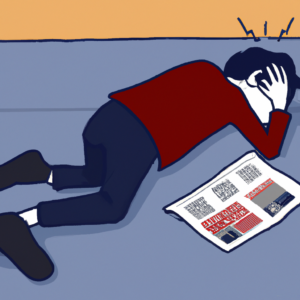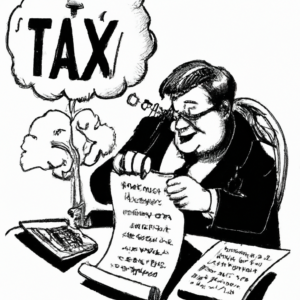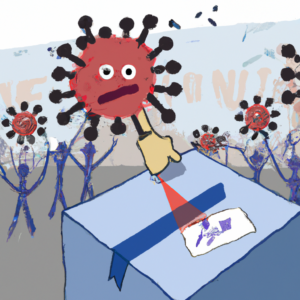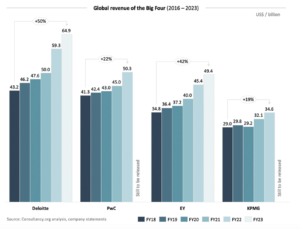Ukraine Claims Cooperation with Putin’s Inner Circle in Intelligence Operations
The head of Ukraine’s intelligence agency has claimed that members of Putin’s inner circle are cooperating with Ukraine’s intelligence services, amid mounting frustration within Putin’s inner circle

Putin's Inner Circle: Divided and Frustrated Over War in Ukraine
Cooperation between members of Vladimir Putin’s inner circle and Ukrainian intelligence services has been a topic of discussion in recent news. Head of the Main Directorate of Intelligence of the Ministry of Defense Kyrylo Budanov has claimed that individuals in the closest circle around the Kremlin dictator are cooperating with Ukraine’s intelligence services. If this is true, it could have significant implications for the relationship between Russia and Ukraine.
Budanov suggested that the worsening situation in Russia is making it easier to find people willing to cooperate with Ukraine’s intelligence services. If this is the case, it could indicate a growing dissatisfaction within Putin’s inner circle, possibly due to the ongoing economic difficulties and political unrest in Russia. It could also suggest that there are individuals within Putin’s circle who are willing to work against him and his interests.
The recent claims by Budanov come in the context of mounting frustration among Putin’s closest advisers. According to a report by The Washington Post, several sources have suggested that Putin does not have a plan for how to continue the full-scale invasion of Ukraine, which began over 10 months ago. The report quotes an unnamed Russian billionaire with ties to top-ranking officials in the Kremlin who claimed that there is “huge frustration” among those around Putin, who feel that he “clearly doesn’t know what to do.”
The cancellation of Putin’s annual State of the Nation address, usually held on New Year’s Eve, has also raised eyebrows. The address typically involves a speech to Russia’s Federal Assembly, followed by an hours-long press conference with hundreds of journalists from across the country. The Institute for the Study of War (ISW) cited the lack of a positive agenda as one of the reasons for the cancellation of the address, though Kremlin spokesperson Dmitry Peskov has suggested that it will likely be held early in the new year instead.
Taken together, these developments suggest that there is growing uncertainty and frustration within Putin’s inner circle regarding the conflict in Ukraine.
However, some have questioned the validity of these claims. If Budanov’s claims are false, then it could be seen as an attempt to cause division and paranoia within Putin’s inner circle. It could also be a tactic used by Ukrainian intelligence to gain leverage in negotiations or to weaken Putin’s power base.
Regardless of the veracity of these claims, the fact that they have been made public could have an impact on the relationship between Russia and Ukraine. If Putin believes that members of his inner circle are working against him, he may become more distrustful and paranoid, leading to a more aggressive foreign policy towards Ukraine. On the other hand, if individuals within his inner circle are indeed cooperating with Ukraine’s intelligence services, it could provide valuable information that could be used to counteract Russia’s influence in the region.
It is also worth noting that if these claims are true, it could indicate a wider trend of defections within the Russian government. In recent years, there have been a number of high-profile cases of Russian officials defecting to the West, including former FSB agent Alexander Litvinenko and former spy Sergei Skripal. If there is indeed growing dissatisfaction within Putin’s inner circle, it could be a sign that the regime’s hold on power is becoming increasingly tenuous.
The claims made by Kyrylo Budanov regarding cooperation between members of Putin’s inner circle and Ukrainian intelligence services are significant, regardless of their veracity. If true, they could indicate a growing dissatisfaction within the Russian government and have implications for the relationship between Russia and Ukraine. If false, they could be a tactic to cause division and paranoia within Putin’s inner circle. Either way, they are a reminder of the complex and often murky world of international espionage and politics.






